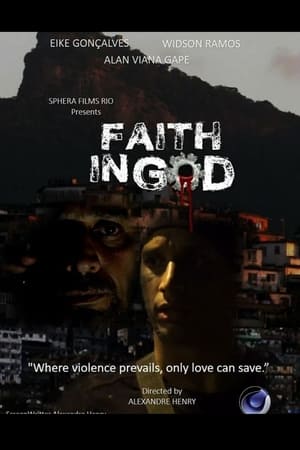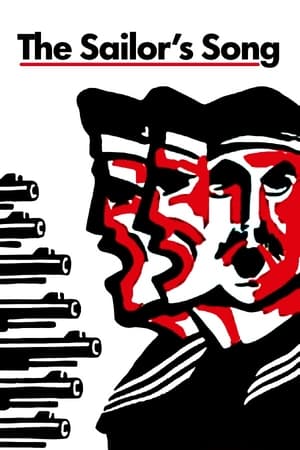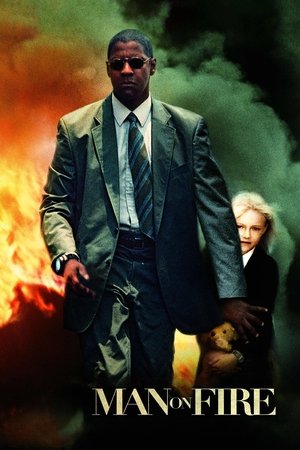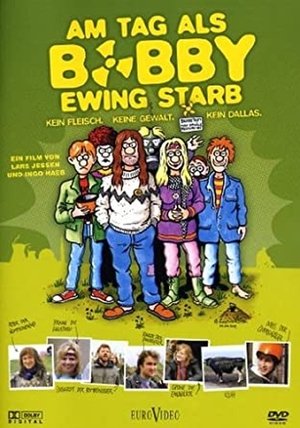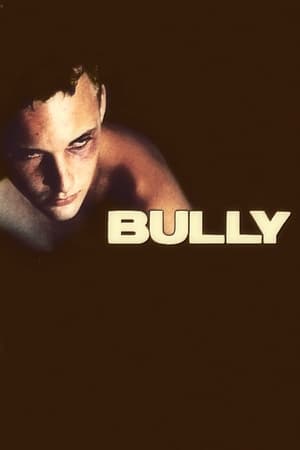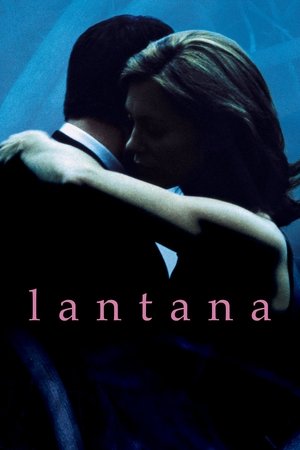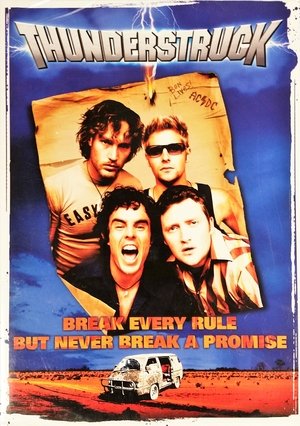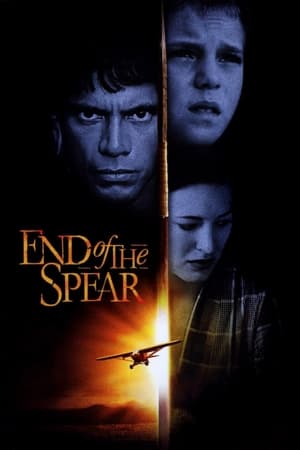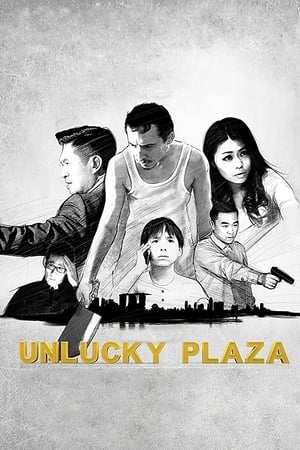Overview
In 1980, an American journalist covering the Salvadoran Civil War becomes entangled with both the leftist guerrilla groups and the right-wing military dictatorship while trying to rescue his girlfriend and her children.
Reviews
You've become just like them.
Based around the real life experiences of journalist Richard Boyle, we are in 1980 and Boyle is not only in crisis torn El Salvador, he's also in it up to his neck.
It sometimes gets forgotten just what a great director Oliver Stone can be, strip away his ability to ruffle feathers on a seemingly perennial basis, and you find some pieces of work that are stark and striking for all the right reasons. Salvador is one such film, sometimes criminally forgotten, it remains to this day a searing tale of tension amongst the troubles of a Latin American hell hole. Boyle is right in amongst the implosion of a civil war, death squads and guerrillas from each side pull him from pillar to post as he tries to protect his Salvadorian girlfriend, while his friends and connections all are in peril purely for being in the wrong place at the wrong time.
Salvador triumphs mainly because Stone and his team have managed to capture all the building emotions of the main players, it's not just Boyle, it's the American government types, the press itself, and of course the crumbling Salvador people themselves, all things mold together in one big worrying pot boiler. James Woods plays Boyle and he is magnificent, managing to make an unlikeable character sympathetic, Woods (with Stone prompting for sure) clearly challenging himself to play out a career high. James Belushi also delivers his career best work, perfectly brusque and oblivious, his Dr Rock is the perfect foil for Woods' emotive Boyle. Then there is plaudits for Elpidia Carillo as Maria, charged with being the love interest amongst this carnage, she layers it perfectly for a very memorable performance.
Salvador bizarrely is at times a humorous picture, but the laughs are all of the uneasy kind, because ultimately Stone's attempt at getting into the nitty-gritty of troubled El Salvador, is a harsh, and at times, a humbling experience. 9/10
With almost all things Oliver Stone...it gets political, and because of that you have people reviewing the politics and NOT the movie. Hate it or love it because of the politics...
...and politically I agree with the message in Salvador, but I'm going to try to keep all of that out of this and too the side. However, I do want to mention that the film dramatizes a few stories that should have gotten better coverage in the US.
Moving on, though, this is not unlike Fear and Loathing in Las Vegas...if it went entirely dark and realistic. You have a journalist and his buddy in a Hawaiian T-Shirt not going to the glitz and glam of Vegas in search of the American Dream, but rather going to Central America in search of the American financed atrocities.
And it is vaguely based on a true story and vaguely covers actual events from a dramatized perspective while asking the audience to be morally outraged at what they see...and it is horrific.
But when you really get here is WTC and Snowden on the other end, the movies following Alexander are Stone moving away from his cinematic hallmarks that made his films so great.
Salvador, but contrast, is Stone moving towards his beloved tropes, you can see him developing his technique in Salvador, and that almost works as a build-up onto itself if you're a fan of Oliver Stone's movies.
The dramatic cuts, and the tidal waves of A and B list supporting characters are still a few movies away, but you have a solid development of what Stone movies will one day become, but you have it with a young Oliver Stone intensity.
He was working hard back then, and it shows in Salvador. Nothing about the film is phoned in and it works if you agree with his politics or not, as a dramatic war film of the highest grade.
But, don't take any of that into account if you are a film major... because what you have here is Stone, crafting a war movie, on a shoe string budget, and pulling it off brilliantly. That should be the lesson any film student walks away with. Forget what the movie was about for a moment, look at the final product and then look at what he had to work with.

 123 min
123 min
 7.029
7.029
 1986
1986
 United Kingdom
United Kingdom
 John Chard wrote:
John Chard wrote: